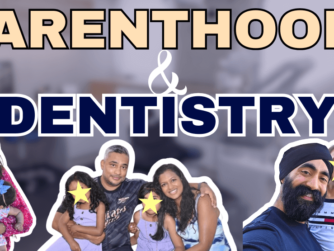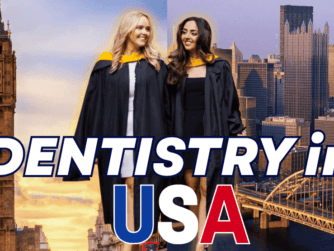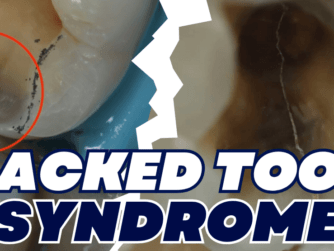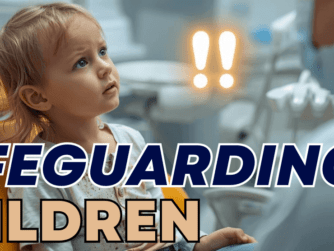Podcast: Play in new window | Download (Duration: 59:57 — 83.3MB)
Two weeks ago I suffered a spontaneous pneumothorax and it shook me. This episode came at the PERFECT time as such health scares remind us that our health and wellbeing are the highest form of Wealth.
Should Dentists have a therapist to manage stress and anxiety?
Did you know that a BDA survey found 1 in 5 practitioners have seriously considered taking their own lives?
Is it the intense work environment, the pressure from patients, the fear of litigation, or the added burden of business ownership?
More importantly, how can we address this issue and support dental professionals?
Dr. Simon Chard, a cosmetic and implant dentist and co-founder/CEO of Parla (as seen on Dragon’s Den!), joins Jaz to discuss the often-overlooked realities of the dental profession.
Here are the two books Jaz recommended during the intro:
The 5 Types of Wealth by Sahil Bloom
Hold on to your Kids by Gabor Mate
Check out The Dental Growth Retreat by Dr Simon Chard
Need to Read it? Check out the Full Episode Transcript below!
Key Takeaways:
- Simon emphasizes the importance of balancing personal and professional life.
- Mental health issues in dentistry are alarmingly high, with many professionals considering leaving the field.
- Therapy can be beneficial for everyone, including dentists, to manage stress and emotional challenges.
- Building mental resilience is crucial for handling the pressures of dental practice.
- Sleep quality and routine significantly impact overall health and productivity.
- Mindfulness and meditation can reduce stress and improve mental health.
- A structured approach to self-care can enhance resilience in the dental profession.
- Exercise is a key component of maintaining mental and physical health.
- Creating a supportive community among dental professionals is essential for mental well-being.
- Proactive self-care strategies can prevent burnout and improve job satisfaction. You can’t mess up meditation; awareness is key.
- Diet significantly impacts mental health and well-being.
- Interpersonal relationships are crucial for mental resilience.
- Exercise is a powerful tool for physical and mental health.
- Purposeful living leads to greater fulfillment.
- Hydration and nutrition are foundational to health.
- Loneliness can have severe health implications.
- Creating time for relationships is essential.
- A value-based calendar helps prioritize what matters.
- Retreats can provide tools for personal growth and accountability.
This episode is not eligible for CPD/CE points, but never fear, there are hundreds of hours of CPD waiting for you on the Ultimate Education Plan, including Premium clinical workthroughs and Masterclasses.
Highlights of this Episode:
00:00 Intro
04:25 Introduction to Dr Simon Chard
10:10 Why is Dentistry so Stressful?
14:00 Therapy for Dentists
19:20 Strategies for Mental Resilience
25:20 Mindfulness
31:57 Intake
40:32 Love
45:12 Value Based Calendar
48:32 Exercise
51:57 Managing Everything
54:34 The Retreat
If you enjoyed this episode, check out: Mental Health in Dentistry – PDP185






